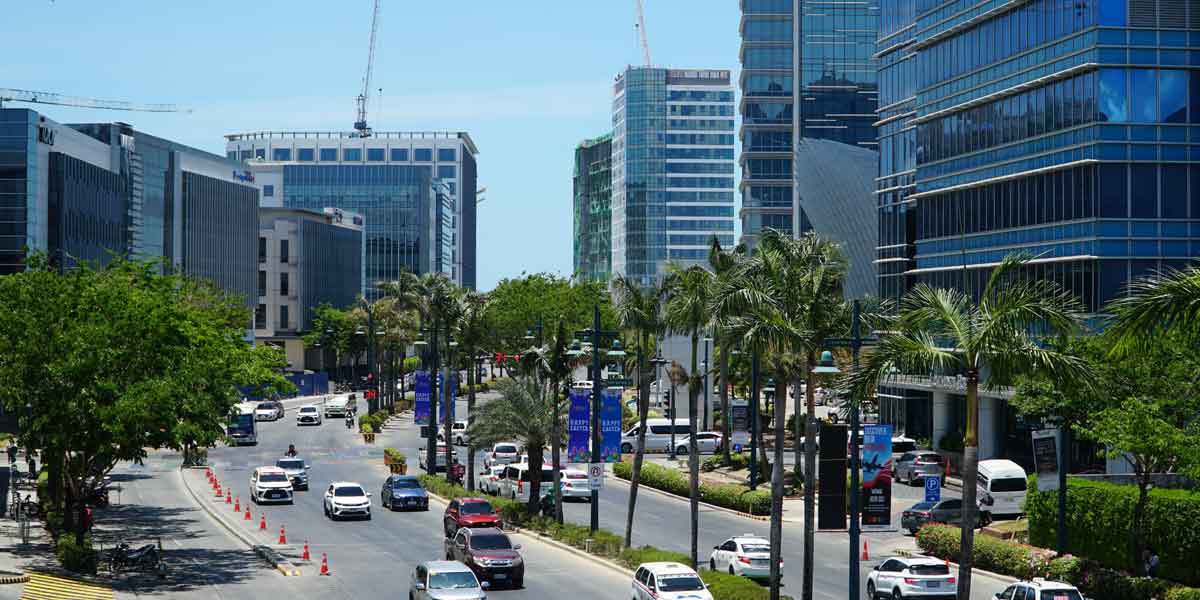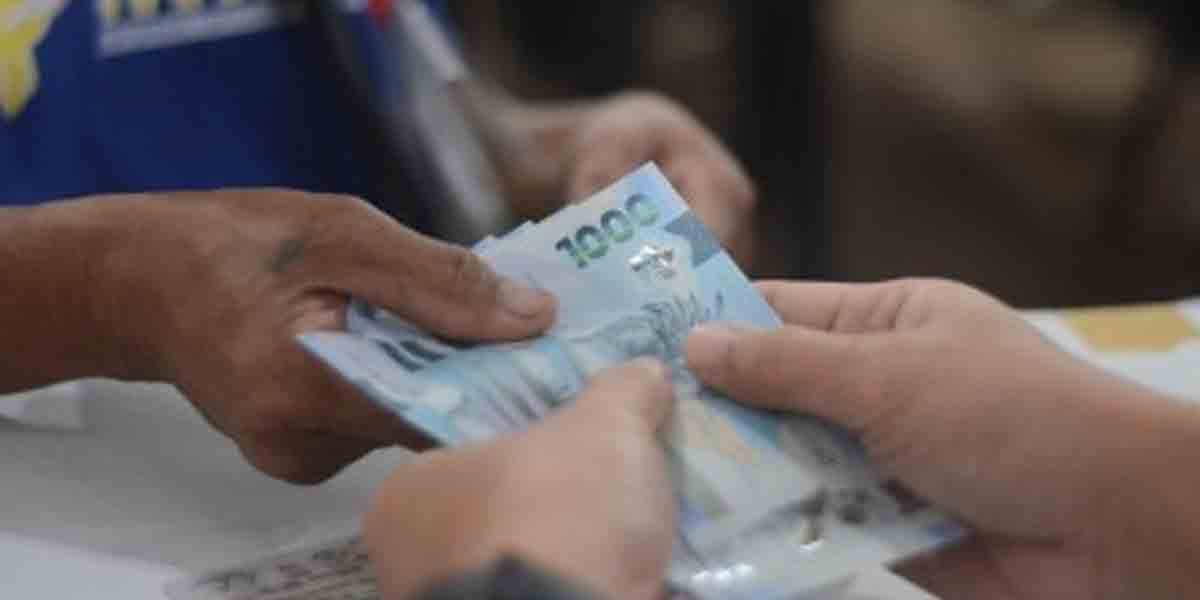By Teresa May B. Bandiola
Abaca, the strongest among all natural fibers, is native to the Philippines. Commonly known as Manila hemp and scientifically known as Musa textilis, this plant is a close relative of banana. It is not only used in the fashion industry and in making water-resistant ropes and twine for ships but also for the production of medical fabrics for face masks and medical gowns-vital Pharmacy supplies that are lacking across the globe to fight the COVID-19 pandemic. In addition, abaca is also used to manufacture nonwoven hospital linens, bed sheets, and other important coveralls.
The Philippine Fiber Industry Development Authority (PhilFIDA) says that the Philippines is the world’s largest producer of Abaca supplying about 87.17% of the global requirement for the production of cordage, specialty papers, textiles, furniture and fixtures, handicrafts, novelty items, meat casing, cosmetics and skin care products, grocery bags, composites for automotive and construction and other industrial applications. In fact, Japan’s yen banknotes are said to contain up to 30% abaca, according to Food and Agriculture Organization of the United Nations (FAO).
Next to the Philippines as the major abaca producing countries are Ecuador (12.77%) and Costa Rica (0.06%). The main provinces in the country that are involved in its production are Catanduanes, Davao Oriental, Northern Samar, Lanao del Sur, and Davao del Sur. It is said that abaca plants are cultivated across 176,549 hectares of farmlands by over 122,758 farmers. Abaca plant is not only vital to the world’s economy but also to erosion control and biodiversity rehabilitation.
Abaca is a leaf fiber. Fibers are commonly used materials in filtration and are generally hypoallergenic. They are also water-resistant. This is the reason that abaca is an important raw material in making facemasks and related medical supplies.
PhilFIDA reported that, for the past half-decade, the abaca industry helped boost the country`s economy from its export earnings with an annual average of P4.7 billion. PhilFIDA also said that AHLSTROM is one of the biggest importers of abaca in the Philippines. The company’s headquarter is in Helsinki, Finland and has processing plants in the United Kingdom and United States. This company is known for manufacturing fiber-based material applications such as filters, medical fabrics, life science materials and diagnostics, wall coverings and sheets for food packaging.
The problem with this is it seems that our abaca industry is trained to produce and export. We are not trained to process them ourselves and turn them into finished products in which we can directly benefit from (such as providing new jobs to the locals). So with this, foreign companies buy abaca from us, process them, and then sell the finished products back in the Philippines, which could now be more expensive unlike when we manufacture them ourselves.
Abaca is not only the plant that is naturally occurring in the Philippines that could be a source of vital materials for this pandemic. Sugar is one of the sources of alcohol that is an essential ingredient in making hand sanitizers. The Philippines is one of the largest sugar producers in the world. According to the Sugar Regulatory Administration, sugarcane is planted to about 422,500 hectares in the country, with about 62,000 farmers. In terms of ethanol production, there are only 4 bioethanol distilleries, with total annual rated capacity of 133 million liters.
Another native source of interest is coconut. Coconut is not only a source of alcohol but it is also eyed as a possible treatment for coronavirus infection. Recently, Professor Emeritus Fabian Antonio Dayrit of Ateneo de Manila University and Dr. Mary Newport of Spring Hill Neonatolody in the United States proposed on whether coconut oil and its derivatives are effective and safe against the causative virus of coronavirus disease (COVID-19).
In 2019, Bicol had announced to embark on Coco-Abaca intercropping, a program seen to increase the income of coconut farmers and improve the production and yield levels of abaca fibers. This is a good government project that could be further explored and be an inspiration in attaining a self-sustainable Philippines.
Perhaps after this pandemic, it is about time that we re-evaluate our priorities, be more self-dependent and intuitive in utilizing our own natural resources. It should be a wakeup call for us to depend less on foreign products, especially in times of disasters or disease outbreaks where various means of travel could be suspended and delivery of supplies is difficult.
The Philippines should be more prepared for the future pandemics or disasters, either natural or man-made.
***
Teresa May B. Bandiola, 29, is a licensed pharmacist, a published writer, and a university instructor at the School of Pharmacy of Far Eastern University-Nicanor Reyes Medical Foundation.

























